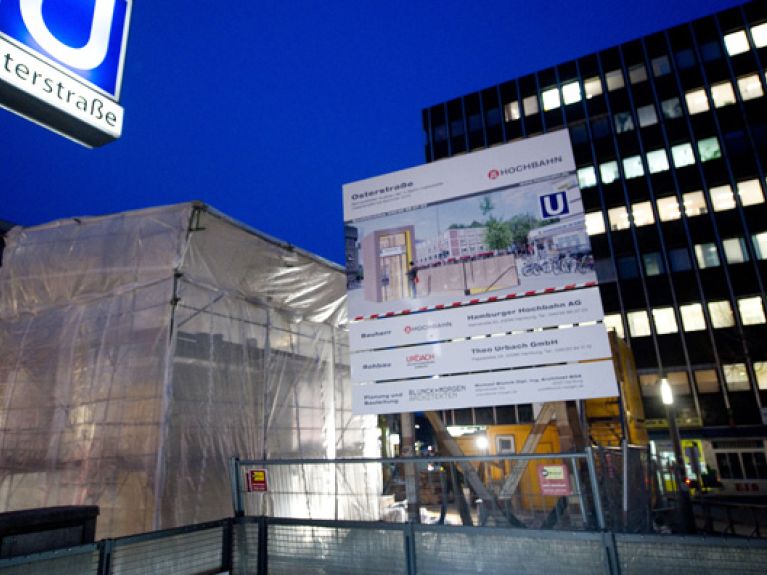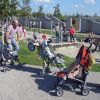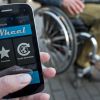Barrier-free urban development in Berlin
Berlin is a shining example of barrier-free urban development which increases mobility for people with handicaps.

A major city like Berlin will probably never be entirely barrier-free, but the traffic planners and urban designers in the German capital are determined to reduce the obstructions that confront people with handicaps. The measures are by no means new. Since 1992 Berlin has been pursuing a barrier-free planning policy, ranging from pedestrian crossings to the creation of a modern transport infrastructure and user-friendly public buildings and spaces. Following the fall of the Berlin Wall in 1989 and reunification of the previously divided city, the planners seized the opportunity to make ambitious changes in urban development under the motto: Design for all. This concept formed the bedrock of the 10 Disability Policy Guidelines, which the Berlin Senate passed in response to the United Nations Convention on the Rights of Persons with Disabilities, with a completion target of 2020. One of the current focal points is, for instance, tourism. Barrier-free routes through Berlin’s inner city are scheduled for presentation at the International Tourism Exchange in March 2014.
The project www.mobidat.net is already proving very successful. A database with more than 30,000 entries shows barrier-free routes in Berlin to destinations such as museums, restaurants, authorities, sport stadiums. The website is designed for people with motor, sensory and cognitive limitations. It supports them with information about barrier-free access in their everyday lives and tries to encourage them to move freely in the city by themselves. The Berlin initiatives have attracted a great deal of attention and praise. So much so, that the European Commission recognized them as exemplary and honoured them with the Access City Award 2013.

